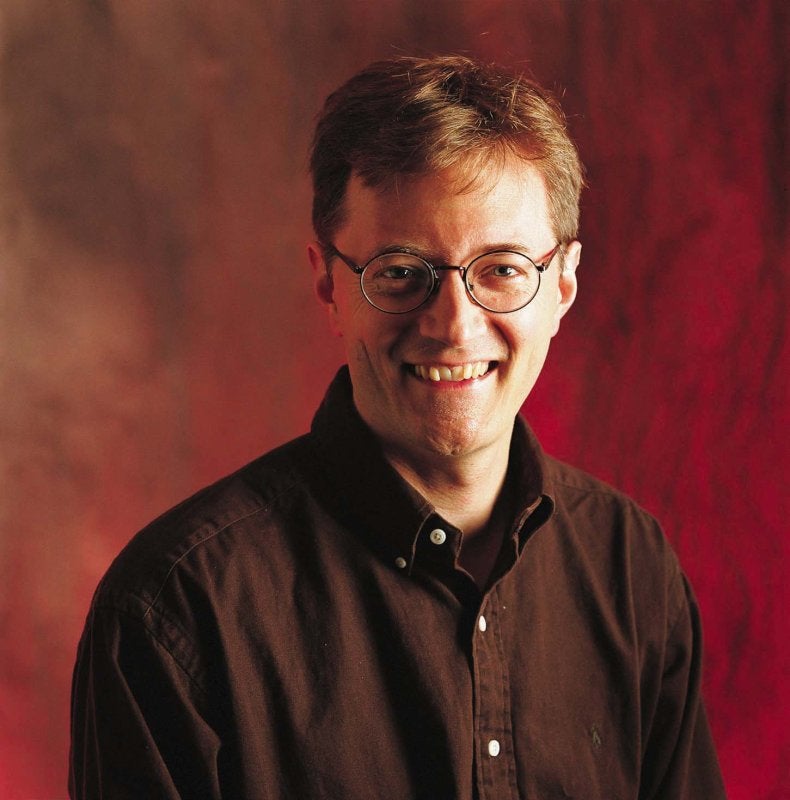
Michael Tiemann is a true open source software pioneer. He made his first major open source contribution more than three decades ago by writing the GNU C++ compiler, the first native-code C++ compiler and debugger. His early work led to the creation of leading open source technologies and the first open source business model.
In 1989, Tiemann's technical expertise and entrepreneurial spirit led him to co-found Cygnus Solutions, the first company to provide commercial support for open source software. During his ten years at Cygnus, Tiemann contributed in a number of roles from President to hacker, helping lead the company from fledgling start-up to an admired open source leader. When Cygnus was acquired by Red Hat in 2000, Tiemann became Red Hat's Chief Technical Officer (CTO) before becoming its first Vice President of Open Source Affairs. In that role Tiemann provides technology, strategy, and policy advice to executives in the public and private sectors.
Tiemann graduated from the Moore School at the University of Pennsylvania (Class of 1986) with a BS CSE degree, and later did research at INRIA (1988) and Stanford University (1988-1989).
Tiemann has served on a number of boards that have been instrumental in establishing Open Source as a leading development and commercial practice in the software industry. He joined the board of the Open Source Initiative in 2001 and served as its President from 2005-2012. Tiemann was also a founding board member of the Embedded Linux Consortium, the Eclipse Foundation, and an advisor to the GNOME Foundation. Tiemann provides financial support to organizations that further the goals of software and programmer freedom, including the Free Software Foundation and the Electronic Frontier Foundation.
He was also a Trustee of the University of North Carolina School of the Arts and a founding member of the Board of Advisors for the Center for Environmental Farming Systems (2006-present). Tiemann has also remained active in the Creative Commons community, as both a sponsor of projects and promoter of the cause.

Authored Comments
This can become a philosophical or aesthetic question pretty quickly, but rather than head down that rathole, I really wanted to focus on the challenges that come from recording acoustic instruments in acoustic spaces and the ways in which the open source paradigm can liberate those "unique" artistic performances. Recording midi keystrokes and gestures gets into a whole new level of hackability, but I didn't want to focus on that lest it gave the impression that acoustic performances were somehow less important within this framework.
Cameron,
Very good point. In fact, when starting Cygnus (with two other Dead Heads), we used these facts to convince ourselves that supporting freely redistributable software could grow very big.
It is interesting to note that Bob Wier has built a new facility to do pretty much what I planned for The Miraverse. His facility is called TRI Studios: http://www.tristudios.com/ . Also of note, made the same decision we made in choosing our analog console (API Vision). In fact, Bob's order was entered into the queue just after our order was placed. Great minds?